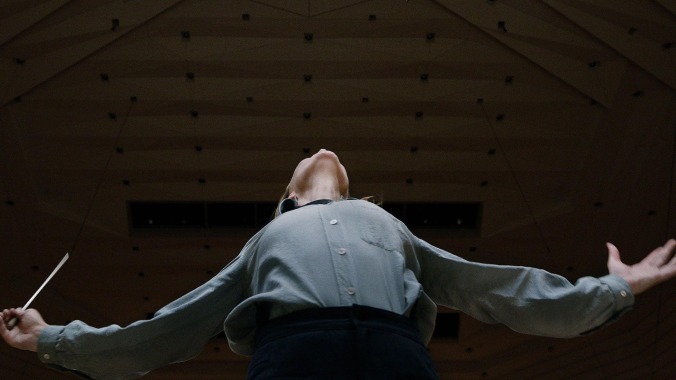Martin Scorsese says TÁR will save us from safe and predictable movies
At the New York Film Critics Circle Awards, Scorsese said "the clouds lifted" when he saw the film

Back in October, Anne Hathaway said that seeing Daniels’ Everything Everywhere All At Once (and seeing it become a huge hit on top of that) was so much fun that it basically gave her new hope for the future. Not only was it a sign that movies can still be good and creatively refreshing, but everyone who loves movies came together to see it and talk about it as a community. For her, it was a total “maybe things will be okay” moment.
As it turns out, Martin Scorsese had a similarly reinvigorating experience after seeing Todd Field’s TÁR. He presented the Best Picture award to TÁR last night at the New York Film Critics Circle Awards, and Scorsese made a speech that made it clear that he thinks TÁR and movies like it are the key to saving the art of cinema—and, before you ask, the thing he thinks cinema needs to be saved from is not superhero movies (we guarantee that he spends zero minutes of every day thinking about them), but movies that are too safe or too predictable in a way that TÁR isn’t.

 Keep scrolling for more great stories from A.V. Club.
Keep scrolling for more great stories from A.V. Club.